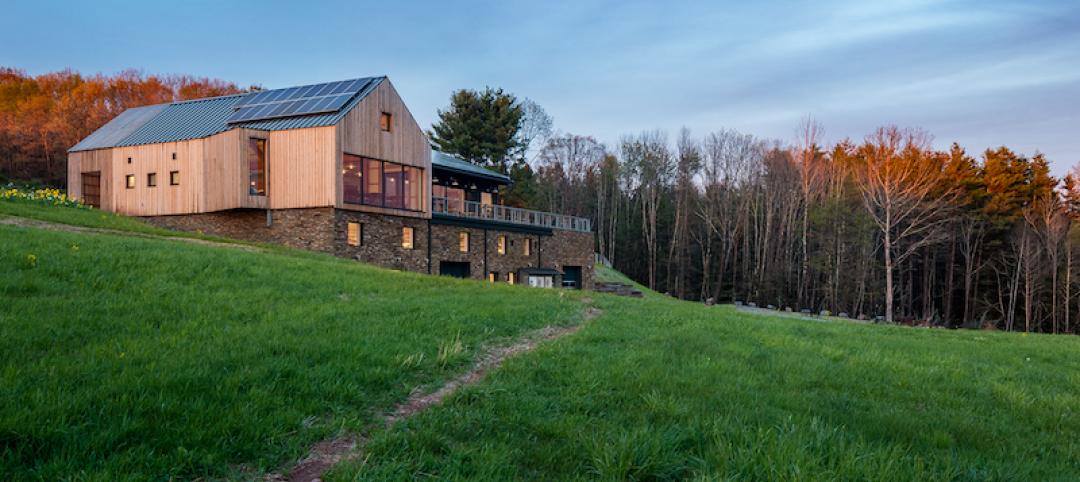Not long ago, Stefano Boeri Architetti announced their plans to create the first ‘vertical forest’ in China. The building would be covered in over 3,000 plants and absorb 25 tons of CO2 per year and produce 60 kilograms of oxygen per day. The goal of the project was to help rectify one of China’s biggest problems: air pollution.
The Nanjing Vertical Forest is a start in creating cleaner air for the country, but its small scale means it can only do so much. An entire city of vertical forests, however, may be able to provide the boost in air quality the country needs. Stefano Boeri Architetti’s new vision for China is to create ‘forest cities’ where every building is a vertical forest, covered in greenery and cleaning the air.
The cities would have the appearance of a post-apocalyptic city in the process of being reclaimed by nature. Only, where the streets of a post-apocalyptic wasteland would be empty and the infrastructure a crumbling mess, these forest cities would be bustling hives of activity, just like any other city.
The first of these sustainable mini-cities would be located in Luizhou, a Chinese city of about 1.5 million people, the Guardian reports. Another of these forest cities is being conceived around Shijiazhuang, a city that is consistently among China’s ten most polluted.
Forest City Shijiazhuang would consist of five districts (petals) each hosting 20,000 residents. Each petal would be a mixed-use environment with residential housing, offices, retail spaces, public spaces, and gardens. The growth of Forest City Shijiazhuang would focus on the vertical space, and reduce urban sprawl.
It is estimated that every square meter of a Vertical Forest façade will absorb 0.4 kilograms of CO2 per year, which means the plants housed in the vertical facades of the buildings will absorb about 1,750 kilograms of CO2 per year collectively, and that isn’t even including the plants located in the parks and gardens.
The vegetation on the outside of the buildings will absorb CO2, but will also help with cooling costs. In the summertime the vegetation will reduce the heating of the facades by up to 30 degrees and create a natural difference in the inside and outside temperature of about three degrees, further adding to the sustainability of the city.
While much of the recent data has pointed toward making cities denser in order to make them more sustainable, Boeri thinks these mini-cities of 100,000 people or fewer and constructed of green architecture are a more sustainable solution than huge, densely populated cities of 10 to 20 million people.
Boeri told the Guardian the firm is already working on designing the different buildings for the forest city proposal. The first forest city could even begin construction by the end of this year and be completed by 2020.
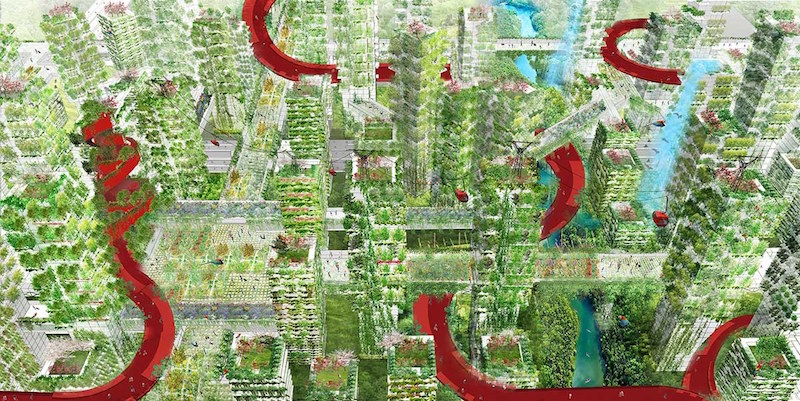 Image courtesy of Stefano Boeri Architetti.
Image courtesy of Stefano Boeri Architetti.
Related Stories
Sponsored | Sustainability | Sep 20, 2021
A Beginner’s Handbook to LEED Building Design and Construction
Sponsored | Sustainability | Sep 17, 2021
The Benefits of Investing in ESG Sustainable Business Practices
Environmental, social and governance (ESG) practices are a hot topic in the corporate world. Here’s why you should prioritize them in your business.
Sustainable Design and Construction | Aug 20, 2021
Latest UN IPCC report on climate change should be cause for concern among AEC professionals and the real estate industry
The UN IPCC report on climate change is a must-read for architects, engineers, contractors and developers.
Sponsored | Sustainability | Aug 20, 2021
Measuring Sustainability: Determine Where You Stand and What to Do Next
Measuring sustainability operations is necessary to prove your sustainable facilities practices. To measure your success, there are two key factors you need.
Resiliency | Aug 19, 2021
White paper outlines cost-effective flood protection approaches for building owners
A new white paper from Walter P Moore offers an in-depth review of the flood protection process and proven approaches.
Sustainability | Aug 3, 2021
Construction Association launches new initiative to address climate change by pushing for construction of fewer carbon-intensive projects
While the new initiative includes steps construction firms can take to operate more efficiently, the bulk of the effort is focused on pushing for public and private project owners to build more efficient projects.
Wood | Jul 16, 2021
The future of mass timber construction, with Swinerton's Timberlab
In this exclusive for HorizonTV, BD+C's John Caulfield sat down with three Timberlab leaders to discuss the launch of the firm and what factors will lead to greater mass timber demand.
Industrial Facilities | Jul 2, 2021
A new approach to cold storage buildings
Cameron Trefry and Kate Lyle of Ware Malcomb talk about their firm's cold storage building prototype that is serving a market that is rapidly expanding across the supply chain.
Resiliency | Jun 24, 2021
Oceanographer John Englander talks resiliency and buildings [new on HorizonTV]
New on HorizonTV, oceanographer John Englander discusses his latest book, which warns that, regardless of resilience efforts, sea levels will rise by meters in the coming decades. Adaptation, he says, is the key to future building design and construction.
Sustainability | Jun 23, 2021
The world’s first Passive House Certified cidery completes
River Architects designed the project.


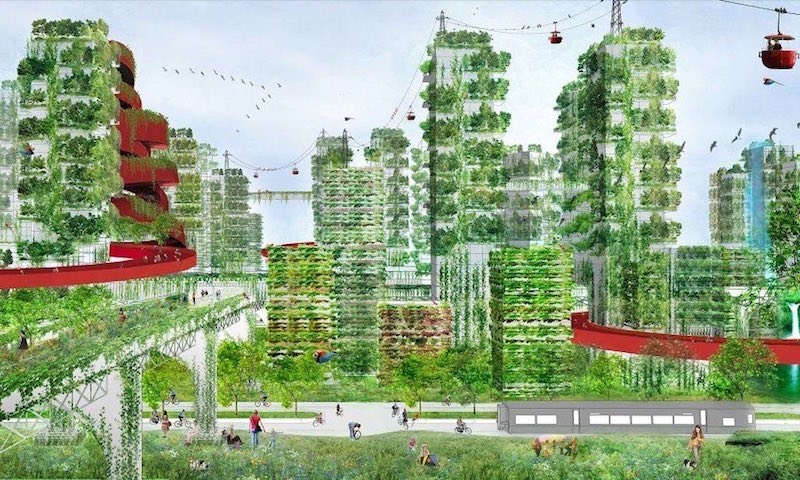



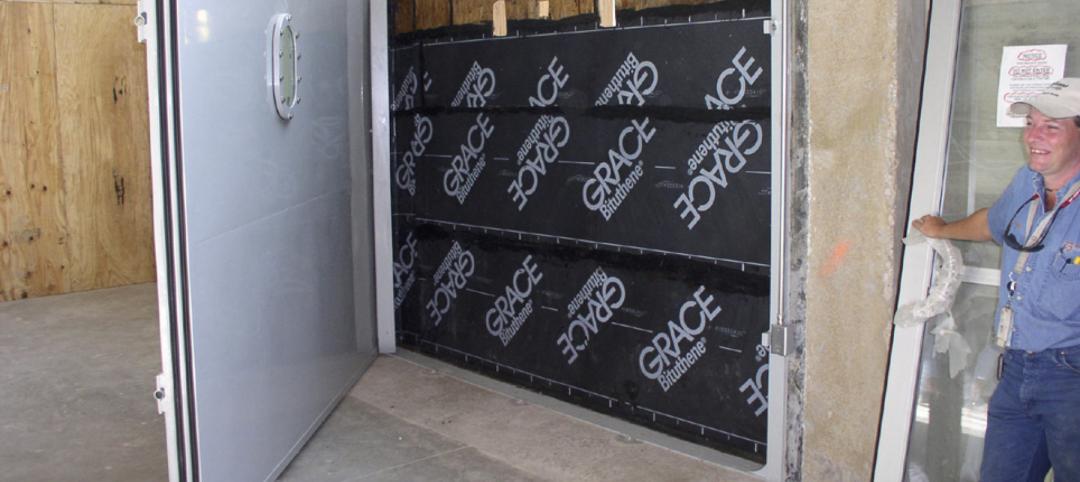
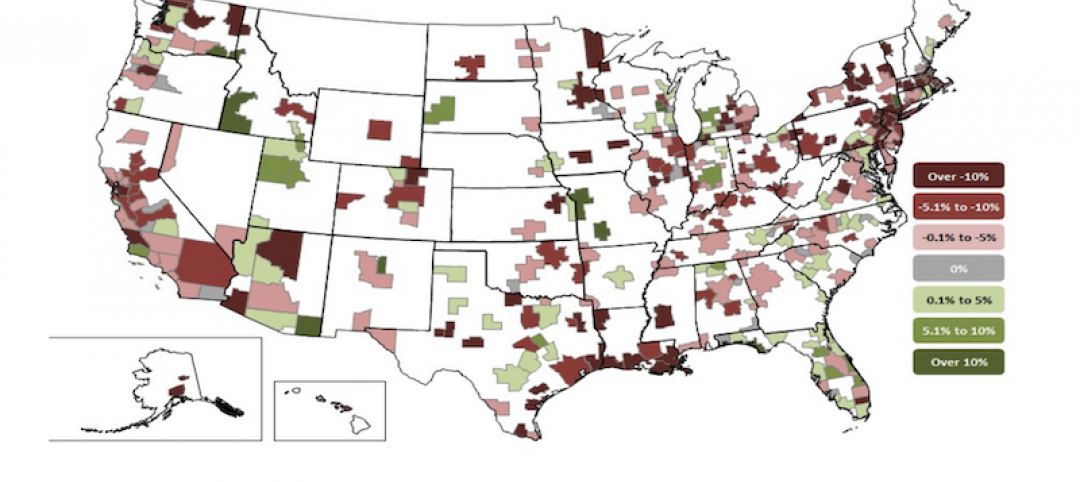
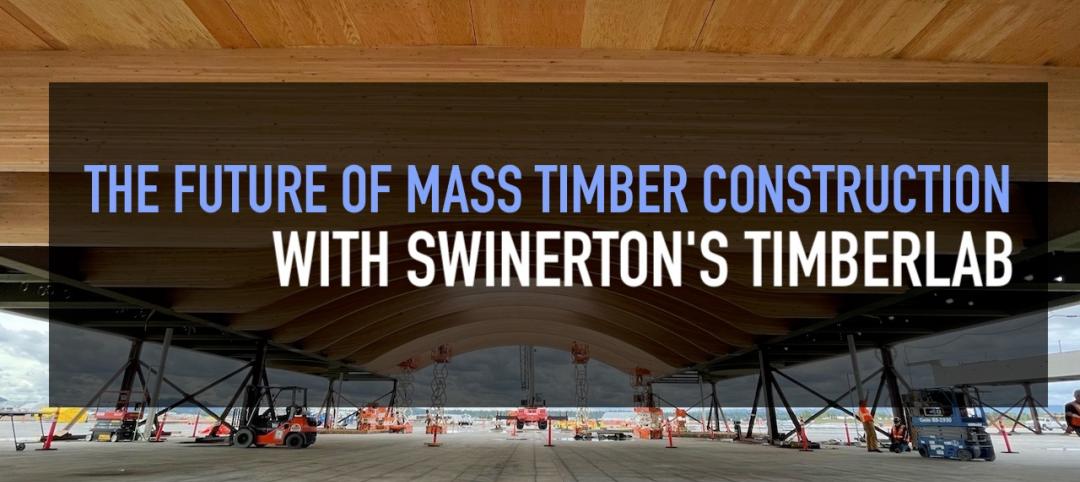

![Oceanographer John Englander talks resiliency and buildings [new on HorizonTV] Oceanographer John Englander talks resiliency and buildings [new on HorizonTV]](/sites/default/files/styles/list_big/public/Oceanographer%20John%20Englander%20Talks%20Resiliency%20and%20Buildings%20YT%20new_0.jpg?itok=enJ1TWJ8)
